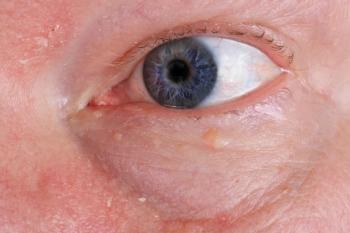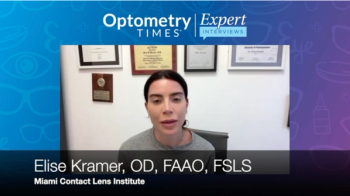
AAOphth reminds parents to consider eye safety when purchasing holiday toys
The American Academy of Ophthalmology reminds parents to exercise caution when considering the purchase of toys that commonly cause eye injuries this holiday season.
San Francisco, CA-As holiday shopping hits its peak, the
The
In light of these dangers, the American Academy of Ophthalmology advises shoppers to follow these tips when choosing toys for children:
• Avoid purchasing toys with sharp, protruding or projectile parts such as airsoft guns, BB guns and paintball guns, which can propel foreign objects into the sensitive tissues of the eye.
• Look for labels on laser products that include a compliance statement with 21 CFR Subchapter J to ensure the product meets the Code of Federal Regulations requirements for laser products, including power limitations. In addition, never aim or shine a laser directly at anyone, including animals, or reflective surfaces. The light energy from a laser aimed into the eye can be hazardous. The Food and Drug Administration also advises that bright beams of light can be startling and cause accidents when aimed at a driver in a car or otherwise negatively affect someone who is engaged in other activity (such as playing sports).
• When giving sports equipment, provide children with the appropriate protective eyewear with polycarbonate lenses. Check with your ophthalmologist to learn about protective gear recommended for your child's sport.
• Check labels for age recommendations and be sure to select gifts that are appropriate for a child's age and maturity. Also, keep toys that are made for older children away from younger children.
• Make sure children have appropriate supervision when playing with potentially hazardous toys or games that could cause an eye injury.
Newsletter
Want more insights like this? Subscribe to Optometry Times and get clinical pearls and practice tips delivered straight to your inbox.













































